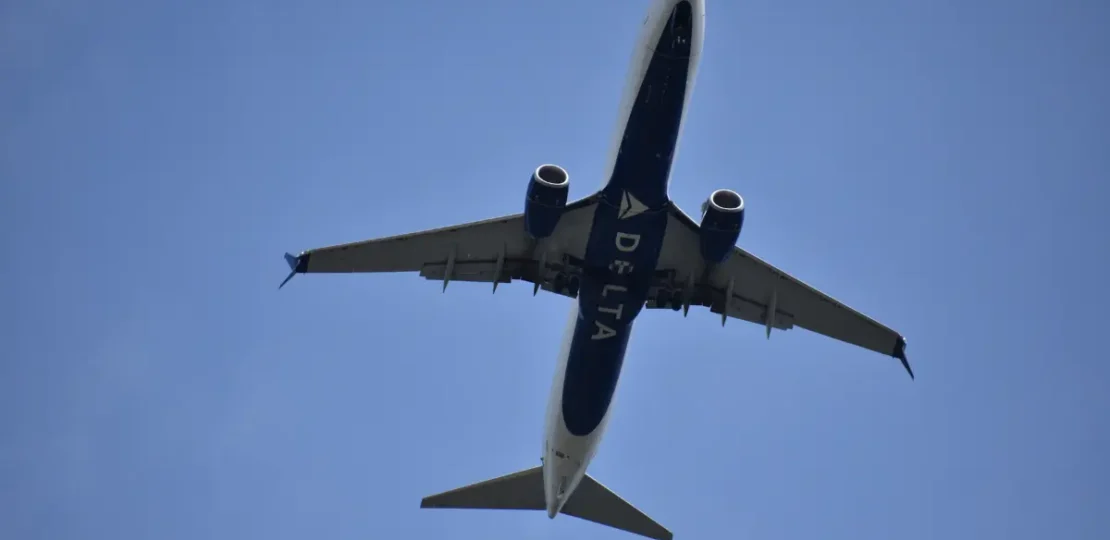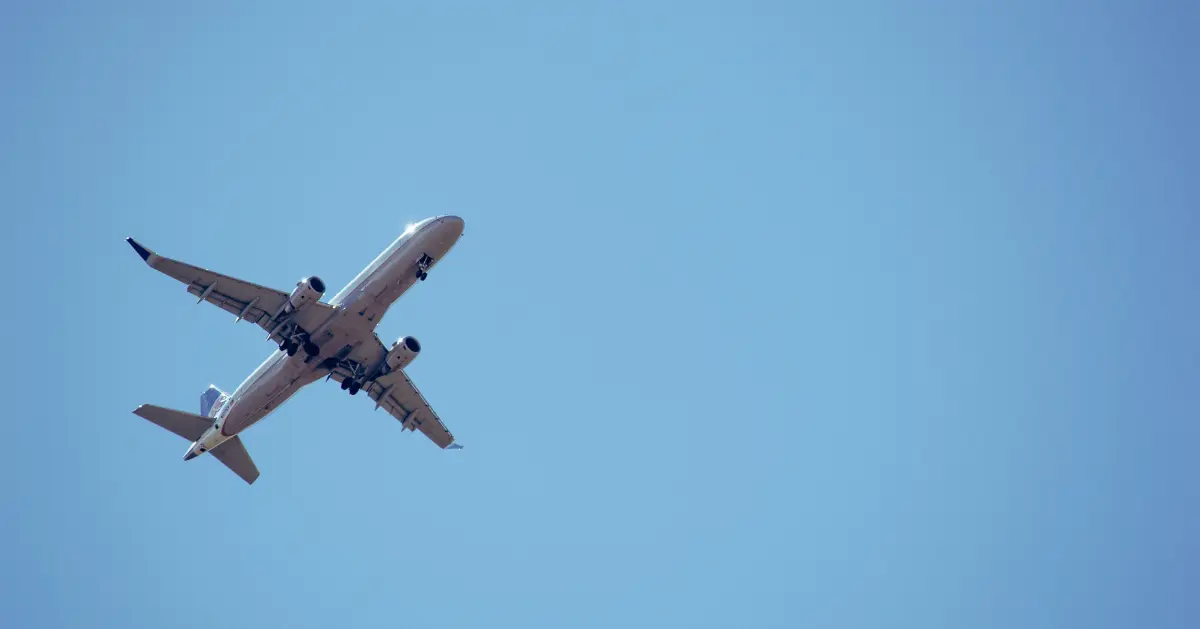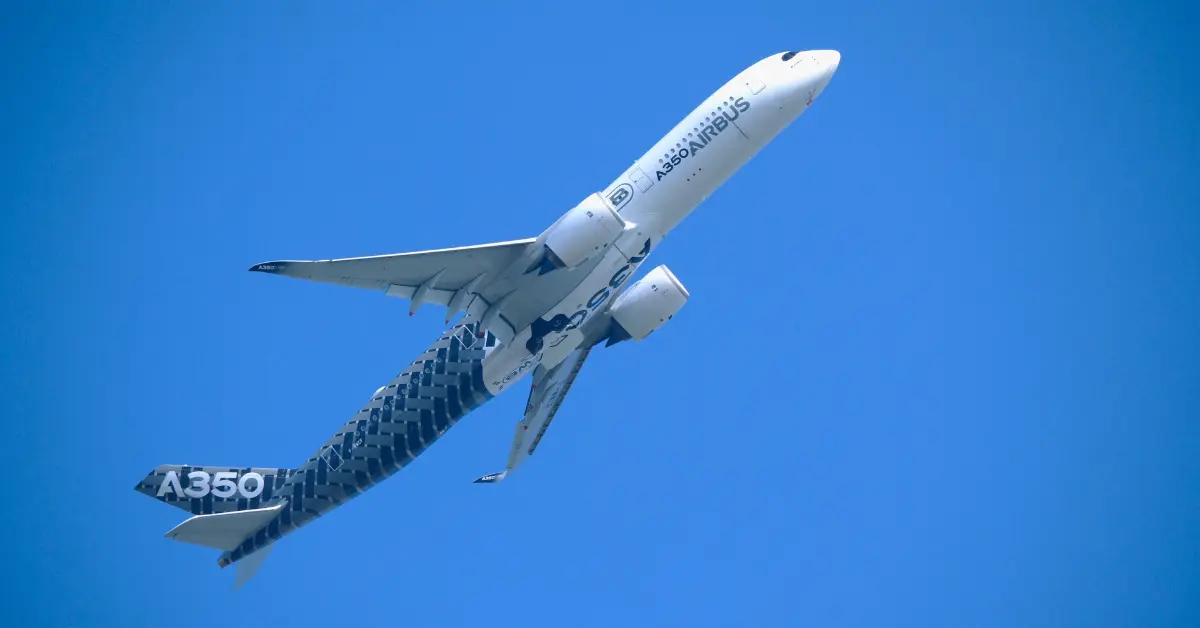Delta Air Lines Flight Delayed or Cancelled? Get Compensation Up to €600!
June 10, 2024 | by flyhelp.info


When it comes to air travel, delays and cancellations are not uncommon. As a passenger, it’s crucial to understand your rights and the potential compensation you may be entitled to in such circumstances. Knowledge of these rights can make a significant difference in how you handle disruptions to your travel plans. Compensation for flight delays and cancellations is not just a gesture of goodwill from airlines; it is a legal entitlement designed to protect passengers from the inconvenience and financial loss caused by such disruptions.
The European Union regulation EC 261/2004 is a cornerstone in the realm of passenger rights. This regulation mandates compensation for passengers experiencing delays, cancellations, or denied boarding under certain conditions. It is applicable to flights departing from an EU airport or arriving at an EU airport on an EU-based airline. Compensation amounts can vary based on the distance of the flight and the length of the delay, with passengers potentially receiving up to €600.
Understanding Regulation EC 261/2004 is essential for any air traveler, particularly those flying with European carriers or within Europe. The regulation stipulates specific criteria under which compensation is payable. For instance, if a flight is delayed by more than three hours or cancelled without at least 14 days’ notice, passengers may be entitled to compensation. Additionally, if passengers are denied boarding due to overbooking, they are also eligible for compensation under this regulation.
Being aware of these entitlements ensures that passengers can advocate for themselves effectively. It also places an onus on airlines to maintain high standards of service and reliability. While the regulation primarily covers European flights, many airlines globally have adopted similar policies, recognizing the importance of passenger rights in maintaining customer trust and satisfaction.
In the following sections, we will delve deeper into the specifics of claiming compensation, the processes involved, and how you can ensure you receive what you’re entitled to should you find yourself facing a delayed or cancelled Delta Air Lines flight.
Understanding EC 261/2004 Regulation
European Union regulation EC 261/2004 is a cornerstone in air passenger rights, providing a comprehensive framework that ensures passengers are duly compensated for flight disruptions. This regulation is particularly pertinent to Delta Air Lines flights operating within, to, or from EU member states. It establishes the circumstances under which passengers are eligible for compensation due to flight delays, cancellations, or instances of denied boarding.
To qualify for compensation under EC 261/2004, several criteria must be met. First, the flight must either depart from an EU airport or be operated by an EU-based airline arriving at an EU airport. Delta Air Lines, although a non-EU carrier, falls under this regulation for flights departing from any EU country. Secondly, the delay must exceed three hours upon arrival at the final destination. The amount of compensation varies based on the flight distance and the duration of the delay. For example, for flights under 1,500 kilometers, passengers may be entitled to up to €250, while flights exceeding 3,500 kilometers may qualify for up to €600 if the delay surpasses four hours.
However, it is crucial to note that certain extraordinary circumstances exempt the airline from liability. These include severe weather conditions, security risks, political instability, or unexpected labor strikes. Additionally, passengers must ensure they check in on time and comply with all travel requirements to be eligible for compensation.
EC 261/2004 also extends to flight cancellations. If a flight is canceled within 14 days of the scheduled departure date, passengers can claim compensation unless the airline offers an alternative flight that meets specific criteria regarding departure and arrival times. Denied boarding due to overbooking falls under the same compensation guidelines.
In essence, EC 261/2004 serves as a robust safeguard for passengers traveling with Delta Air Lines on routes involving EU airports, ensuring they receive fair treatment and compensation for significant disruptions.
Eligibility Criteria for Compensation
Understanding the eligibility criteria for compensation from Delta Air Lines is crucial for passengers who have faced disruptions. Compensation can be claimed under several circumstances, including flight delays, cancellations, and denied boarding. Each of these scenarios is governed by specific regulations to ensure passengers’ rights are protected.
Firstly, passengers are eligible for compensation if their flight is delayed by more than three hours. This delay must be caused by factors within the airline’s control, such as technical issues or operational problems. For instance, if a flight from New York to Paris is delayed due to mechanical failure, passengers may be entitled to compensation. However, delays caused by extraordinary circumstances like severe weather or air traffic control strikes are generally exempt from compensation.
Next, compensation is also applicable when a flight is cancelled without adequate notice. According to EU Regulation 261/2004, passengers should be informed of cancellations at least 14 days before the scheduled departure. If Delta Air Lines cancels a flight with less than 14 days’ notice and fails to provide an alternative flight that meets specific timing criteria, passengers are eligible for compensation. For example, a passenger booked on a flight from Atlanta to London that is cancelled two days before departure without a suitable alternative, qualifies for compensation.
Denied boarding due to overbooking is another situation where passengers can claim compensation. Airlines sometimes overbook flights to account for no-shows, but this can lead to situations where some passengers are denied boarding. If Delta Air Lines denies boarding despite a confirmed reservation, passengers are entitled to compensation unless they voluntarily give up their seat in exchange for benefits offered by the airline.
In each of these scenarios, the amount of compensation varies depending on the flight distance and the delay duration. Passengers can receive up to €600, ensuring their inconvenience is adequately addressed. By understanding these eligibility criteria, passengers can confidently claim compensation and ensure their rights are upheld during travel disruptions.
How Much Compensation Can You Get?
When dealing with a delayed or cancelled Delta Air Lines flight, understanding your entitlement to compensation is crucial. The compensation you can receive is primarily determined by the flight distance and the length of the delay upon arrival at your final destination. Here’s a detailed breakdown of the amounts you could claim under EU Regulation 261/2004:
- For flights of 1,500 km or less: You are entitled to compensation of €250 if your flight is delayed for more than three hours or gets cancelled.
- For intra-EU flights of more than 1,500 km and other flights between 1,500 km and 3,500 km: You can claim €400 in compensation if your delay exceeds three hours.
- For flights of more than 3,500 km: If your flight is delayed by more than four hours, you are eligible for €600 in compensation.
Compensation amounts are calculated based on the distance between the departure and arrival airports. Moreover, the compensation can be claimed in various forms, including cash, electronic bank transfer, bank orders, or, in some cases, travel vouchers or other services. It’s important to be aware that accepting travel vouchers might come with terms and conditions that could limit their usability compared to cash compensation.
Moreover, there are specific circumstances under which compensation might be reduced. For instance, if the airline offers you an alternative flight and the delay at your destination is between two and four hours for flights over 3,500 km, the compensation can be halved to €300.
Knowing your rights is essential when facing a flight disruption with Delta Air Lines. By understanding the compensation structure, you can ensure that you receive the appropriate amount you are entitled to, helping alleviate the inconvenience caused by the delay or cancellation.
Steps to Claim Compensation from Delta Air Lines
Experiencing a flight delay or cancellation can be frustrating, but knowing how to claim compensation can alleviate some of the stress. If your Delta Air Lines flight has been delayed or cancelled, you may be eligible for compensation up to €600, depending on the circumstances. Here’s a step-by-step guide to help you through the process.
First, gather all necessary documentation. This includes your boarding pass, flight ticket, and any notifications or communications from Delta Air Lines regarding the delay or cancellation. Having these documents readily available will streamline the compensation claim process. Additionally, take note of the actual arrival time and the scheduled arrival time, as this will be crucial in determining the extent of the delay.
Next, submit your claim. You have two primary options: contacting Delta Air Lines directly or using a third-party claim agency. If you choose to go directly through Delta, you can submit your claim via their customer service portal on the official website. Provide all required documentation and details about the flight disruption. Be clear and concise in your explanation to facilitate a smoother process.
Alternatively, you can use a third-party claim agency. These agencies specialize in handling compensation claims and can often navigate the complexities more efficiently. They will typically require the same documentation and may charge a fee or take a percentage of the compensation if your claim is successful.
To increase your chances of a successful claim, ensure that all your documentation is accurate and complete. Familiarize yourself with your passenger rights under the European Union Regulation EC 261/2004, which outlines the criteria for compensation eligibility. Additionally, be persistent and follow up on your claim if you do not receive a timely response. Keeping records of all communications with Delta Air Lines or the claim agency is also advisable.
By following these steps and being diligent in your approach, you can maximize your chances of receiving compensation for your delayed or cancelled Delta Air Lines flight.
Common Challenges and How to Overcome Them
When dealing with flight delays or cancellations, passengers often encounter several hurdles while claiming compensation. One of the most common challenges is the airline denying responsibility. Delta Air Lines, like many other carriers, might attribute delays or cancellations to “extraordinary circumstances” such as bad weather or air traffic control strikes, which absolve them from compensatory obligations under EU Regulation 261/2004.
To counter this, passengers should gather as much evidence as possible. This includes obtaining written confirmation of the reason for the delay or cancellation from Delta Air Lines, keeping all travel documents, and documenting the events leading up to the disruption. If the airline continues to deny responsibility, it may be beneficial to seek legal assistance. Legal professionals specializing in aviation law can provide valuable guidance and increase the likelihood of a successful claim.
Another challenge is the delay in processing the claim. Airlines are often inundated with compensation requests, leading to prolonged waiting periods. Passengers can expedite this process by submitting a well-documented claim that includes all necessary details and adhering to the airline’s specified procedure. Following up regularly with Delta Air Lines’ customer service can also keep your claim on their radar.
Seeking legal assistance is another viable option if the claim is delayed excessively. Legal experts can help navigate the complexities of the compensation process and ensure that your rights as a passenger are upheld. Additionally, various online services and apps specialize in handling flight compensation claims, offering a more streamlined and efficient process.
Real-life testimonials highlight the importance of persistence. For instance, Jane Doe, a frequent traveler, successfully received €600 in compensation after a delayed Delta Air Lines flight by meticulously documenting her experience and seeking legal help when the airline initially denied her claim. Such stories underscore the value of being well-prepared and persistent.
In conclusion, while claiming compensation for a delayed or cancelled flight can be challenging, passengers equipped with the right information and resources are more likely to overcome these obstacles and secure the compensation they are entitled to.
Additional Passenger Rights and Benefits
In addition to monetary compensation, passengers impacted by Delta Air Lines flight delays or cancellations are entitled to various other rights and benefits designed to mitigate inconvenience. These supplementary services are critical for ensuring passenger comfort and well-being during unforeseen disruptions. Understanding these rights can significantly enhance the travel experience, even amidst delays or cancellations.
Firstly, passengers are entitled to receive meals and refreshments in reasonable relation to the waiting time. If a flight is delayed by two hours or more, Delta Air Lines is obligated to provide meal vouchers or access to food and beverages. It’s advisable to contact the airline staff at the airport for these provisions, as they should assist in issuing appropriate vouchers or directing you to available services.
Accommodation is another crucial benefit. If an overnight stay becomes necessary due to a delay or cancellation, Delta Air Lines must offer hotel accommodations, including transportation between the airport and the hotel. Passengers should approach the airline’s help desk or customer service representatives to arrange for these accommodations. It’s important to retain all related receipts and documentation, as these may be required for reimbursement claims later.
Alternative transport arrangements are also a right of passengers facing flight disruptions. Delta Air Lines is responsible for ensuring that travelers reach their final destination as quickly as possible. This may involve rebooking on the next available flight, regardless of the airline, or arranging alternative modes of transport. Passengers should proactively inquire about these options to expedite their travel plans.
In instances where Delta Air Lines fails to provide these services, passengers have the right to seek recompense. Document all interactions with the airline, including names of staff members and details of the assistance provided or denied. This documentation is vital for lodging formal complaints with the airline or relevant aviation authorities.
By being aware of these additional rights and benefits, passengers can navigate flight delays and cancellations more effectively, ensuring a smoother travel experience despite disruptions.
Conclusion and Final Tips
In light of the information discussed, it is evident that understanding and exercising your passenger rights can significantly enhance your travel experience, especially when facing unfortunate events like flight delays or cancellations. Delta Air Lines, like many other carriers, is obligated to comply with regulations that protect passengers, offering compensation up to €600 in certain circumstances. This underscores the importance of being well-informed and proactive in claiming what you are entitled to.
Firstly, always stay updated on your flight status. Utilize airline apps, subscribe to alerts, and keep an eye on real-time flight tracking systems. Being aware of any changes early on can provide you with more options to manage your travel plans effectively. Secondly, meticulous documentation is crucial. Maintain records of all communications with the airline, including emails, phone calls, and any other form of correspondence. Keep copies of your boarding pass, tickets, and receipts for additional expenses incurred due to the delay or cancellation.
Moreover, persistence is key in the claims process. Airlines might not always be forthcoming with compensation, so it is essential to follow up consistently. If needed, escalate the matter to relevant regulatory bodies or consider seeking legal assistance to ensure your rights are respected. Additionally, sharing your experiences with fellow travelers can create a supportive community and help others navigate similar situations more effectively.
We encourage you to share your stories and tips with us, as collective knowledge can empower more passengers to handle disruptions with confidence. Should you need further assistance or detailed guidance on claiming compensation, do not hesitate to reach out to experts who specialize in passenger rights. By staying informed and prepared, you can turn a challenging situation into an opportunity for fair treatment and deserved compensation.
RELATED POSTS
View all


